Holistic needs assessment - Self assessment tools
Category: Diagnosis and Initial Needs
The problem identified
To introduce a self-assessment tool for patients and carers to identify their needs, which may not have been discussed or addressed. Referral to appropriate teams for continuing care.
The tool helps the patient to identify any concerns and discuss them with the Lung CNS.
The intervention made to change the problem
We introduced the Sheffield Profile for Assessment and Referral to Care (SPARC) tool across the trust for all tumour sites in conjunction with national guidelines. We initially audited the use and timeliness of the tool and then audited the results for lung cancer patients.
Consent and support gained from cancer MDTs, lead clinicians and clinical nurse specialists in introducing the tool and in ongoing support.
How it changed my practice
The tool is offered to patients, mainly post their initial treatment to assess for any concerns or issues that may not have been addressed. It is also offered to in-patients and is useful to discuss with the ward staff.
- The action plan can be used to fax to GP's, palliative care teams or any further referrals required.
- Patient feedback on the tool has been positive, however it has been identified that for some areas the length of the tool could be reduced and a shorter self-assessment tool is now being piloted.
- The tool has identified that many concerns have been addressed but it enables and encourages patients and carers to discuss these concerns more openly. It helps identify any issues, not related to cancer that may not have been addressed which may require support from other agencies.
- It has clearly identified for many patients that symptoms have improved post treatment and that they are more aware and informed of the possibility of new symptoms which may occur, and further support available to them.
- The tool may take time to complete but it has helped to identify patients who need more of our time and the ones who are coping well. It needs to be extended to all patients, particularly those who do not receive active treatment and are followed up in the community.
- Initiatives to develop an electronic holistic needs assessment tool are presently ongoing.
Resource / Cost implications
Photocopying the SPARC tool.
